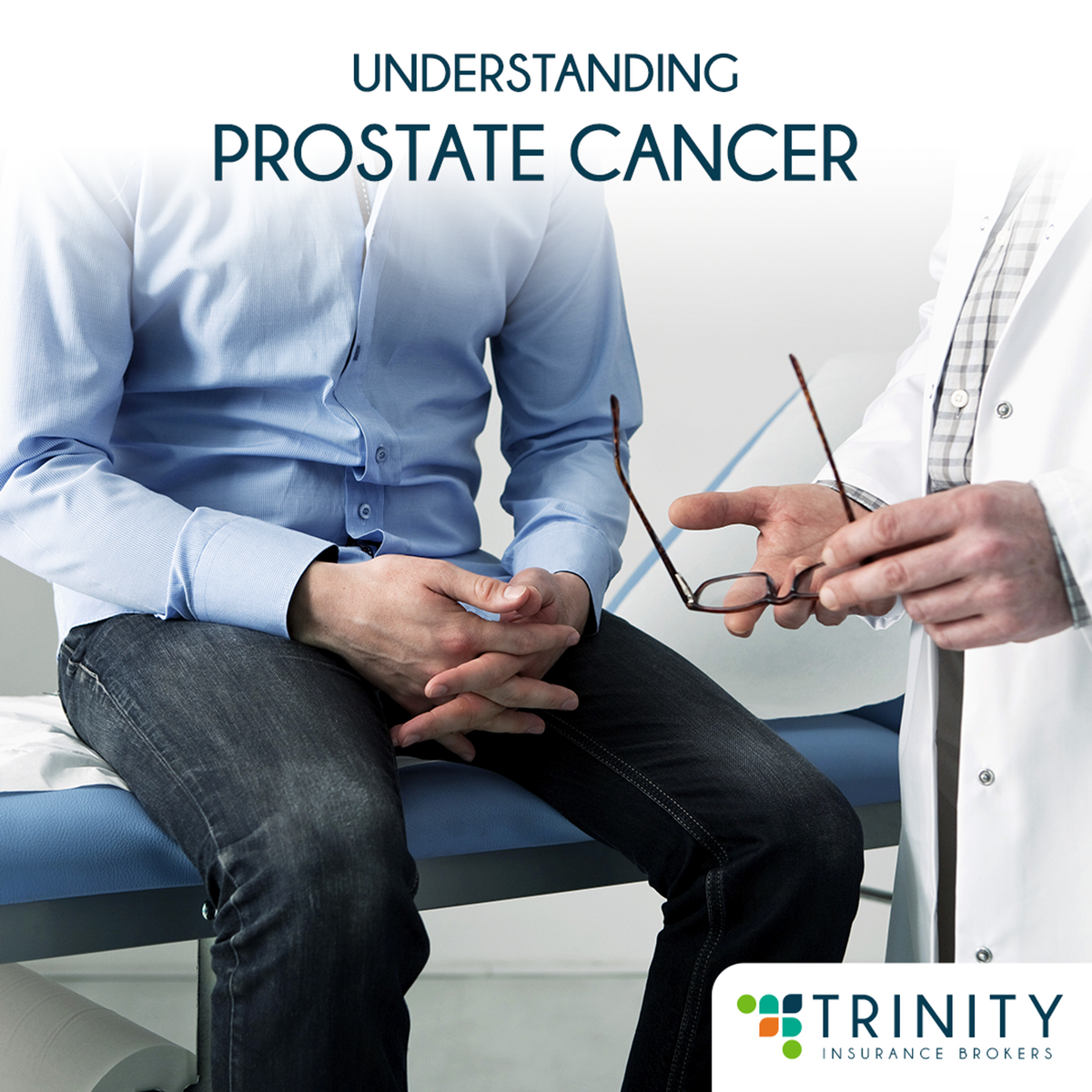The journey through a prostate cancer diagnosis is often fraught with uncertainty and anxiety. While the physical battles may be evident, the financial implications can frequently loom larger than life for survivors and their families. One pertinent issue that arises post-recovery is whether individuals can secure life insurance after being affected by prostate cancer. This question delves deeper into the crossroads of health, mortality, finances, and future peace of mind.
Life insurance serves as a crucial safety net, providing financial support to loved ones in the event of an untimely death. For those who have ventured through the trials of prostate cancer, the desire to offer such security intensifies. The mere idea of obtaining life insurance after battling cancer paints a complex picture of hope and apprehension. How do insurers view those with a history of prostate cancer, and what factors influence their decision?
To understand the implications of securing life insurance post-prostate cancer, one must first grasp the various stages of the disease and the treatments involved. Prostate cancer can be categorized generally into localized and advanced stages, with a multitude of treatment modalities ranging from surgery and radiation to hormonal therapies. Each patient’s circumstances, including their overall health, treatment responses, and prognosis, play a crucial role in how insurers perceive risk.
An important aspect to note is that not all prostate cancer diagnoses are treated equally in the realm of insurance underwriting. For instance, if an individual is diagnosed with early-stage prostate cancer and subsequently enters remission, their chances of obtaining life insurance are significantly higher compared to someone diagnosed with metastatic or advanced stage disease. Insurers typically scrutinize the type of cancer, treatment received, and subsequent health outcomes. Those who display resilience in their recovery may find themselves presented with more favorable options in the insurance market.
Moreover, timing is paramount. It’s essential to allow a reasonable period for recovery before applying for life insurance. Generally, insurers look for a track record of health, often suggesting that individuals wait at least two years post-treatment for a more advantageous evaluation. This period allows the insurer to gauge the successful management of the cancer and assess the long-term outlook for the applicant’s health.
Implications of lifestyle choices post-diagnosis cannot be overlooked, either. Many survivors are motivated to adopt healthier habits in light of their experiences. Quitting smoking, engaging in regular physical activity, and embracing a nutritious diet not only foster wellness but may also bolster the individual’s insurability. Insurers are keenly aware of these changes and may look favorably upon those who demonstrate a commitment to their ongoing health and well-being.
It’s also vital to familiarize oneself with the different types of life insurance products available. Individuals with a history of prostate cancer might find themselves classified as “high-risk” applicants, which can affect the type of insurance they can access. Typically, there are two primary types of life insurance: term life and whole life. Term life insurance, which covers the insured for a specified period, may come at a higher cost due to risk factors, while whole life insurance, which provides coverage for the entirety of the insured’s life, can also reflect elevated premiums based on health history.
Denial is a potential outcome that many face. Insurers, after evaluating the applicant’s medical history and current health status, may refuse coverage outright. This reality can be disheartening, leading to feelings of rejection and frustration. However, it is essential to approach this setback with an open mind. Many individuals find success by seeking specialized insurance companies that cater specifically to high-risk applicants or those with past health conditions. These providers may offer tailored policies that reflect a more compassionate understanding of the nuances of recovery.
Another avenue for prospective policyholders lies in guaranteed issue life insurance. This type of policy does not require medical underwriting; instead, it guarantees coverage regardless of health status, albeit typically at a higher premium and lower death benefit. This option may serve as a lifeline for those struggling to secure traditional coverage, allowing them to provide financial peace of mind to their loved ones.
It’s worth noting that the landscape of cancer survivorship is ever-evolving, and public perceptions around risks associated with cancer are changing. With advances in treatment and survival rates, many insurers are adapting their policies to reflect new understandings of longevity and health outcomes. This shift can create opportunities for survivors to obtain insurance coverage that was previously thought unattainable.
In conclusion, obtaining life insurance after a prostate cancer diagnosis is undeniably challenging—yet achievable. Individuals must be armed with knowledge, patience, and a proactive attitude. Understanding the underwriting process, taking significant steps towards healthier living, contemplating the type of coverage required, and exploring alternative providers are all paramount considerations. Ultimately, navigating these waters necessitates not only resilience but also a willingness to engage in thorough research. By doing so, survivors can find peace of mind, ensuring their loved ones are financially protected, regardless of the uncertainties that lie ahead. Life is an intricate tapestry woven from threads of our experiences; securing insurance is just one more stitch in crafting a future filled with hope and assurance.
